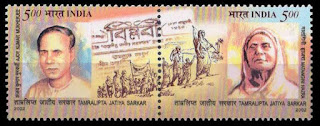In the United States, Memorial Day is observed on the last Monday of May each year. It is a federal holiday dedicated to honoring and remembering the men and women of the U.S. Armed Forces who have died in military service to their country. The holiday has a rich history and significant cultural importance in the U.S.
Memorial Day was originally known as Decoration Day, established after the Civil War to commemorate the Union and Confederate soldiers who died in the conflict. Over time, the holiday evolved to honor all American military personnel who have died in all wars.
Traditions associated with Memorial Day include visiting cemeteries and memorials, holding family gatherings, and participating in parades. Many people also observe a moment of silence at 3:00 PM local time to remember and honor those who have sacrificed their lives for the nation.
The holiday also marks the unofficial start of summer in the United States, leading to a weekend often filled with outdoor activities, barbecues, and various community events. However, the primary focus remains on reflecting on the sacrifices made by military personnel throughout the history of the United States.







